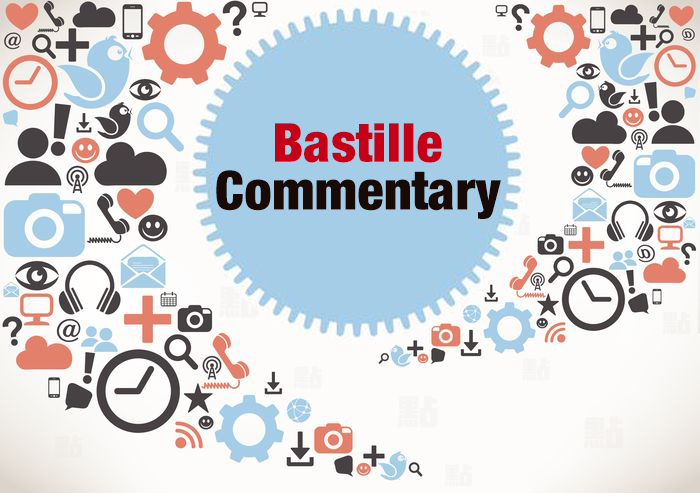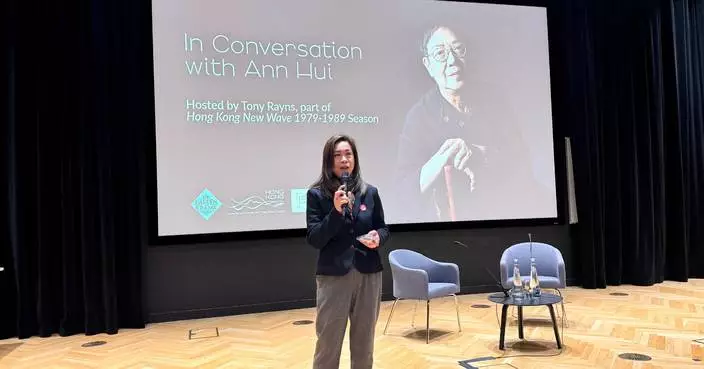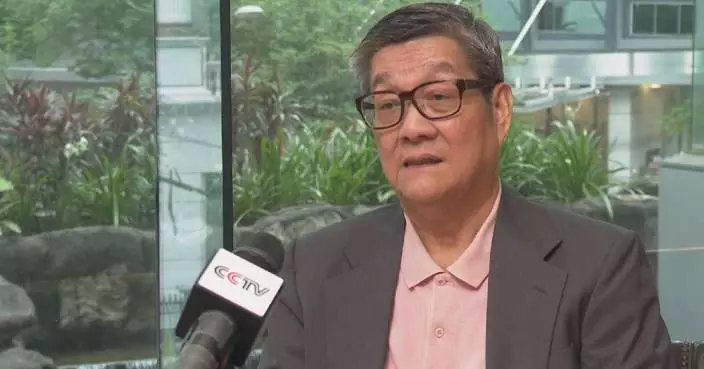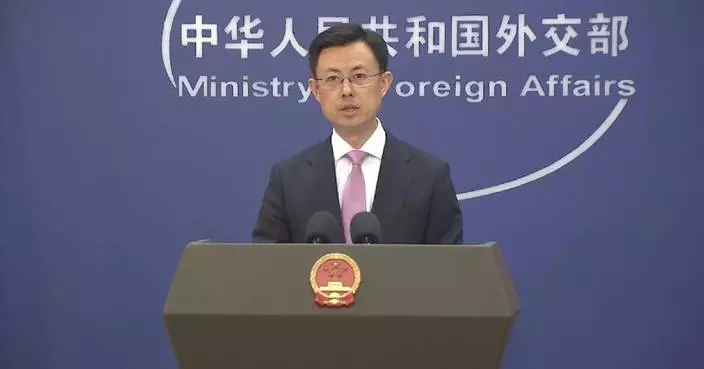After improving the political system in Hong Kong, the system has been operating smoothly. However, Western countries are naturally unhappy that Hong Kong is not following their model.
In a recent interview with the British media, Regina IP, Chairwoman of the New People's Party, discussed the issue of democracy in Hong Kong. She pointed out that under the Western democratic system, people do not vote for the common good. Instead, they vote only for their own interests, making it dangerous to follow public opinion. She also believes that the Western model of pluralism and diversity has never been part of Chinese tradition, describing Hong Kong's democratic experiment over the past 20 years as a failure.
The political system is a complex issue often misrepresented by Western media. We can study how democracy can be developed in Hong Kong from different perspectives.
First, there has never been a Western-style democracy in Hong Kong's capitalist system. During British colonial rule for more than 100 years, Hong Kong had never implemented a Western-style democratic political system, and there was no universal suffrage in major parts of the system. In 1979, Governor MacLehose went to Beijing to meet with Deng Xiaoping and learned that China would insist on resuming sovereignty over Hong Kong. Upon returning, he quickly initiated the process of developing Hong Kong's political system. In 1982, district councils were established, and in 1985, direct elections for district councilors and functional constituency elections for Legislative Council members began. Meanwhile, after the Sino-British negotiations concluded in 1984, the Joint Declaration was signed. Chinese leader Deng Xiaoping proposed the future policy for governing Hong Kong, which included "one country, two systems," "a high degree of autonomy," "Hong Kong people ruling Hong Kong," and maintaining the existing capitalist system and way of life for 50 years. It is important to note that Deng's reference to "existing" pertained to the conditions in 1984 when Hong Kong's capitalist economy was successful, unrelated to the implementation of Western-style elections.
Second, the Basic Law sets universal suffrage as only a goal. Many have claimed that the Basic Law states that the Chief Executive should be elected by universal suffrage, which is a misunderstanding. I have personally covered the drafting process of the Basic Law. At that time, there were two views within the Drafting Committee. One was led by Szeto Wah and Martin Lee, who believed that direct elections should be implemented quickly in Hong Kong; the other was the view of the Mainland Drafting Committee and the industrial, commercial, and professional sectors of the Hong Kong Drafting Committee, which considered direct elections unsuitable for Hong Kong.
While the Basic Law was still being drafted, the United Kingdom introduced direct elections to the Legislative Council, hence a compromise was reached. In terms of the election of the Chief Executive, Article 45 of the Basic Law stipulates that “The ultimate aim is the selection of the C hief Executive by universal suffrage upon nomination by a broadly representative nominating committee in accordance with democratic procedures." The phrase "the ultimate aim" was deliberately added, indicating it is not a mandatory system but an aim. Whether or how this aim can be achieved depends on the actual situation in Hong Kong and the outcome of the progressive development of the constitutional system.
The Basic Law, as a mini-constitution, stipulates that long-term matters in the future cannot be amended at will. The prudent wording of "the ultimate aim" has proven to be very appropriate. The difficulties and shocks in Hong Kong's constitutional development have highlighted the wisdom of drafting the Basic Law at that time.
Third, a good political system addresses the problems of development and distribution. When discussing the democratic political system, many people focus solely on "universal suffrage," treating the process as the end goal, sanctifying, idolizing, and fossilizing the process, and forgetting the purpose of developing a democratic political system. Historically, the development of the Western-style democratic system several hundred years ago was driven by economic progress and the emergence of the bourgeoisie. The feudal monarchy at that time greatly constrained the bourgeoisie's push for economic development. Ultimately, under the pressure of capitalists, the emperor agreed to form a parliament and share power. The purpose of the Western-style democratic system was to adapt to the goals of economic development, and there was also a distribution issue behind this. If the emperor monopolized political power, he would also monopolize the benefits of economic development, creating a direct conflict with capitalists. For example, in France, this led to the revolution and the execution of King Louis XVI by guillotine.
Conversely, if democracy for democracy's sake creates a political system that paralyzes social and economic development, no one would consider it a good system. In Hong Kong, for example, in 2015, the government complained about filibustering in the Legislative Council, which significantly delayed the completion of four public housing projects with a total of 8,800 units, including 6,400 public housing units. The interests of those on the waiting list for public housing were not represented. For example, those who could not rent low-cost public housing and had to live in subdivided units faced a monthly rent difference of $7,000, resulting in an annual loss of $84,000 per household. In that year alone, the 6,400 public housing households on the waiting list lost a total of $540 million. This systemic failure severely hindered Hong Kong's overall development and harmed the interests of those in the lower .
Fourth, Hong Kong is experimenting with consultative democracy. The parable of Fukuyama, an American political scientist who became famous for claiming that Western-style democracy was the end of history around the time when the Soviet Union collapsed in 1991, is now considered a joke. The great wheel of history continues to roll forward. It will not come to a halt with the occurrence of any major event. No one can claim that any system is perfect or can be the ultimate solution. In recent years, the Western democratic system has been riddled with problems, and the rise of populist politics has led to serious social divisions, fully exposing the persistent issues of Western democratic systems.
If pluralism and political polarization are synonymous, then Hong Kong's political system does not necessarily need to increase political pluralism, as more pluralism leads to more conflict, resulting in failures such as the aforementioned filibustering in the Legislative Council. Hong Kong currently operates a system close to consultative democracy, without adversarial party politics, but with many consultation processes. The government and groups representing different interests in society constantly consult and revise government policies. The government's suspension of the garbage levy is a good example.
If Western political culture truly values pluralism, the mode of discussing constitutional development in the West should also be diversified, and the West should not only regard its own system as the best in the world. When discussing the development of a democratic political system, we do not need to follow Western logic. When one sees the fourth president of Ukraine, Viktor Yanukovych, who was elected entirely according to the Western democratic political system but was overthrown by a color revolution supported by the United States because he was pro-Russian rather than pro-American, one can easily come to conclude that the West prioritizes outcomes over processes and does not care about the system itself.
Wing-hung Lo
Bastille Commentary
** The blog article is the sole responsibility of the author and does not represent the position of our company. **











































